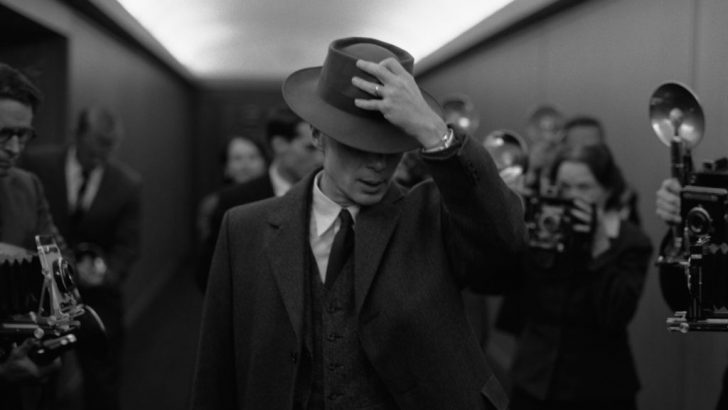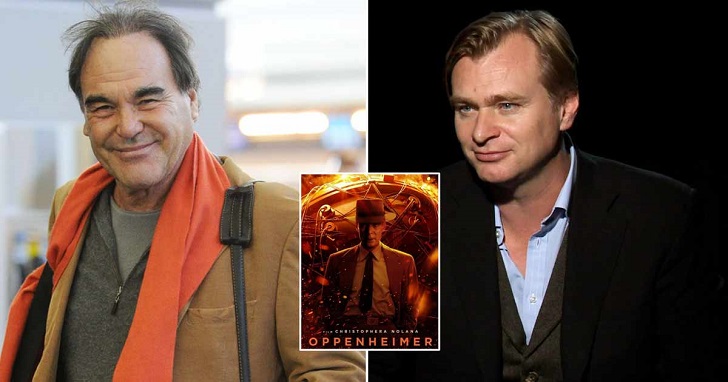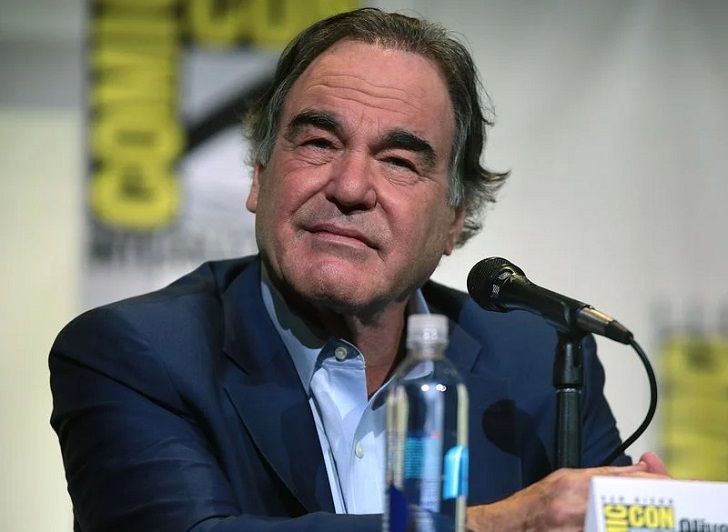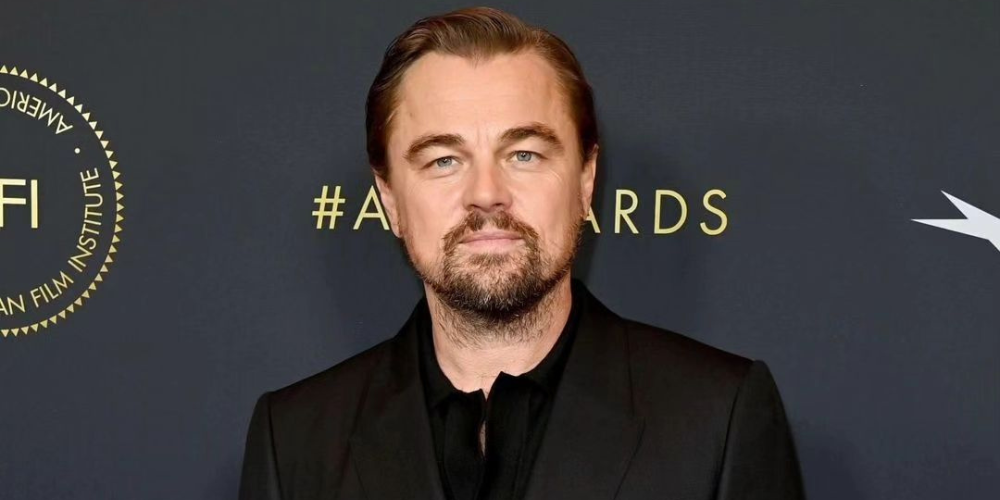Oliver Stone, the visionary filmmaker renowned for cinematic masterpieces like "Platoon" and "JFK," made a rather unexpected choice – turning down the opportunity to helm a movie centered around the life of J. Robert Oppenheimer, the brilliant theoretical physicist heralded as the "father of the atomic bomb."
In an intriguing revelation, Stone shared his reasons for declining this project, shedding light on his perspective and paving the way for deeper exploration into the art of storytelling.

dolbylabs/ Instagram | Oppenheimer is a success is nothing short of incredible.
A Tale Unveiled on Twitter
On August 1, 2023, Oliver Stone took to the digital realm to unveil a hidden chapter of his cinematic journey. In a series of tweets, he unveiled his decision to forgo the prospect of crafting a film revolving around the enigmatic Oppenheimer. The genesis of this revelation lay in his recent viewing of Christopher Nolan's "Oppenheimer," a film that would catalyze Stone's candid confession.
The Path Not Taken
Interestingly, Stone disclosed that the invitation to create an Oppenheimer-focused movie had been extended to him years earlier. However, he declined the offer, attributing his decision to a challenge he grappled with – the elusive essence of the narrative. In his own words, Stone conveyed his inability to "find my way to its essence."
In a fascinating twist of fate, Christopher Nolan, the filmmaker behind "Oppenheimer," managed to unearth that elusive core that eluded Stone's grasp. Stone's admiration for Nolan's achievement shone through as he described the film as nothing short of a "classic." It's a nod that signifies both appreciation and recognition of the craftsmanship that went into bringing Oppenheimer's story to life.
The Complexity and Sensitivity of Oppenheimer's Tale

Bang Showbiz/ Instagram | 'Oppenheimer' is reportedly 3 hours long, beating 'Interstellar's 2 hours 49 minutes duration
Stone's hesitance to undertake the Oppenheimer tale is noteworthy as an auteur known for his fascination with historical subjects rife with controversy and intrigue. He has previously delved into the lives of individuals like President Richard Nixon and Cuban revolutionary Che Guevara.
However, Stone articulated his belief that the Oppenheimer narrative is a unique challenge. He deemed it "too complex" and "too sensitive" to be molded into a cinematic experience, a rare admission of the storytelling limitations he encountered.
Nolan's "Oppenheimer"
Christopher Nolan's "Oppenheimer" unfurls as a historical drama, meticulously weaving the fabric of Oppenheimer's pivotal role in shaping the atomic bomb. The film casts Cillian Murphy as the eponymous physicist and has garnered accolades for its technical prowess and nuanced portrayal of a multifaceted historical figure.
Comparing Approaches: Stone vs. Nolan
The divergence between Oliver Stone's filmmaking philosophy and Christopher Nolan's creative ethos in approaching the Oppenheimer narrative is a fascinating contrast study. Stone's filmography is often infused with political and historical commentary, a hallmark of his cinematic identity. In stark contrast, Nolan's oeuvre leans toward exploring filmmaking's technical and visual intricacies.

Glamsham/ Instagram | Oliver Stone is an American film director who has a net worth of $70 Million.
Unpredictable Audience Response
As "Oppenheimer" continues to captivate audiences, Stone and Nolan's divergent approaches will be under the microscope of audience scrutiny. Stone's historical commentaries often elicit thought-provoking discussions, while Nolan's technical prowess often takes center stage.
The real magic lies in how these disparate perspectives intersect with the audience's interpretations, breathing life into history on the silver screen. In the grand tapestry of cinema, Oliver Stone's decision to step away from the "Oppenheimer" project offers a glimpse into the complexity of storytelling.
It's a reminder that even the most accomplished filmmakers grapple with narratives that prove elusive and that the choices they make are often influenced by the intricacies of history, sensitivity, and the profound essence they seek to capture.
As Christopher Nolan's "Oppenheimer" continues to weave its cinematic spell, the resonance of Stone's perspective will continue to add depth to the ongoing dialogue about the power of storytelling.





